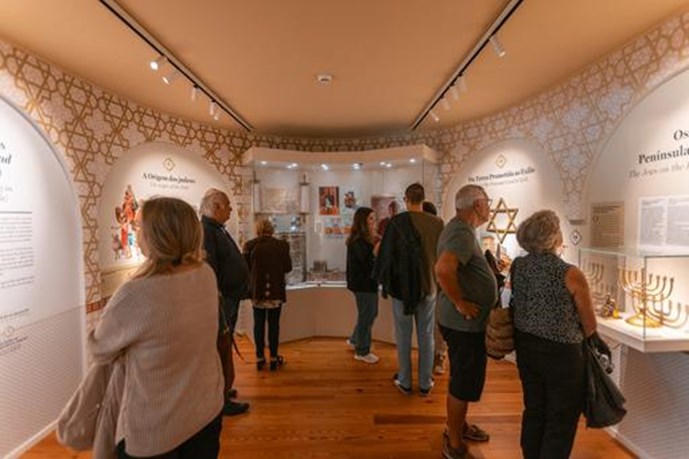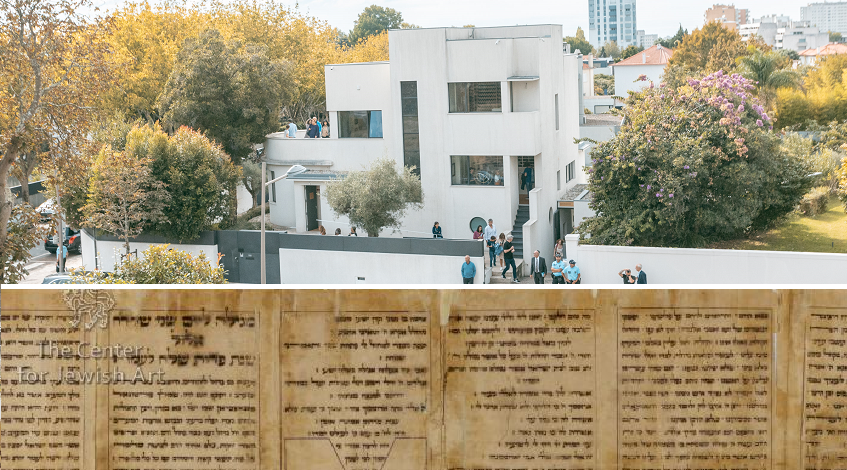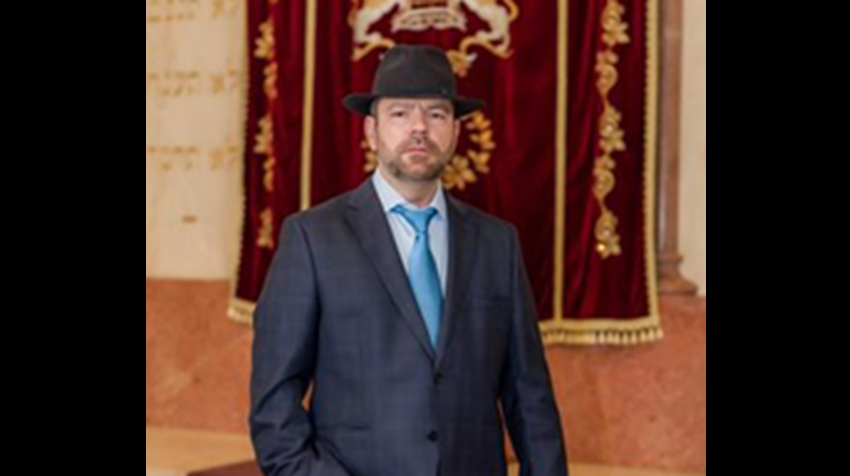The Jewish Museum of Oporto has announced that it will soon exhibit the “Purim Sebastiano” megillah. In the 16th century, the Portuguese king, D. Sebastião, tried to conquer African territories, make them Christian and convert the Jews back to Catholicism. Portugal was defeated. The Jews escaped conversion. Then, the Moroccan Shoftim, the oldest of the generation, set up a special Purim in honour of such miraculous events, which were recorded on a megillah, a handwritten scroll.
Century after century, a reading of the megillah (a key part of the "Purim Sebastiano", also known as the “Purim of the Christians") was done in the synagogues and homes of Moroccan Jews. To this day, in Tangiers, Tétouan and other parts of the world harbouring Jews of Moroccan origin, this date is commemorated. The reading of the megillah is accompanied by great joy, rest from hard work and the offer of alms to the needy.
Portugal, the great empire the Jews helped to build over centuries, went into a formal decline in less than a century, with the expulsion of Judaism (1497), the establishment of the Inquisition (1536) and the defeat at Alcácer-Kibir (1578). This bloody battle, fought on 2 Elul of that year, caused thousands of deaths (including that of the young Portuguese king), while as many other were taken captive.

The "Purim Sebastiano" is not the only link between the Jews of Portugal and Morocco. There is a marked blood link between them. Two millennia ago, the extended families of the tribe of Judah spread almost simultaneously through the Iberian Peninsula and Africa. For centuries, Jewish migratory flows between Iberia and the African continent continued non-stop and from the late 15th century to the end of the Inquisition, Morocco was always a favoured destination for the Portuguese Megorashim who married into distant members of their families who already lived there. The Moroccan Jews who migrated to Portugal after 1821 (Azulay, Bitton, Bensabat and many others) were “returnees”, the correct expression of the 2015 law that granted nationality to Jews of Portuguese origin.
Every year, Jews all over the world commemorate the date of Purim (14 Adar), in memory of the Jews who were saved in Persia due to the intercession of Esther, who was then queen of this world power of the era. Some Jewish communities around the world also commemorate other “Purims”, in memory of local events in which they escaped extermination by a miracle. This was the case of the Moroccan community and its “Purim Sebastiano” (as well as the “Purim of the Bombs” and the “Hitler Purim”).


































